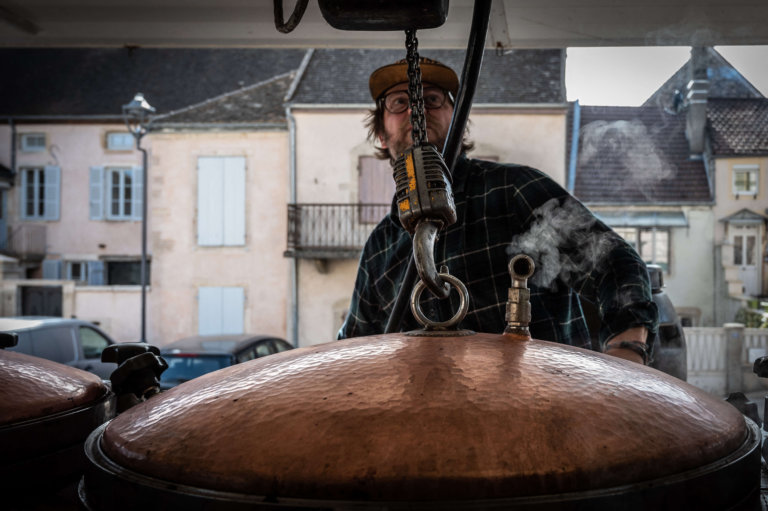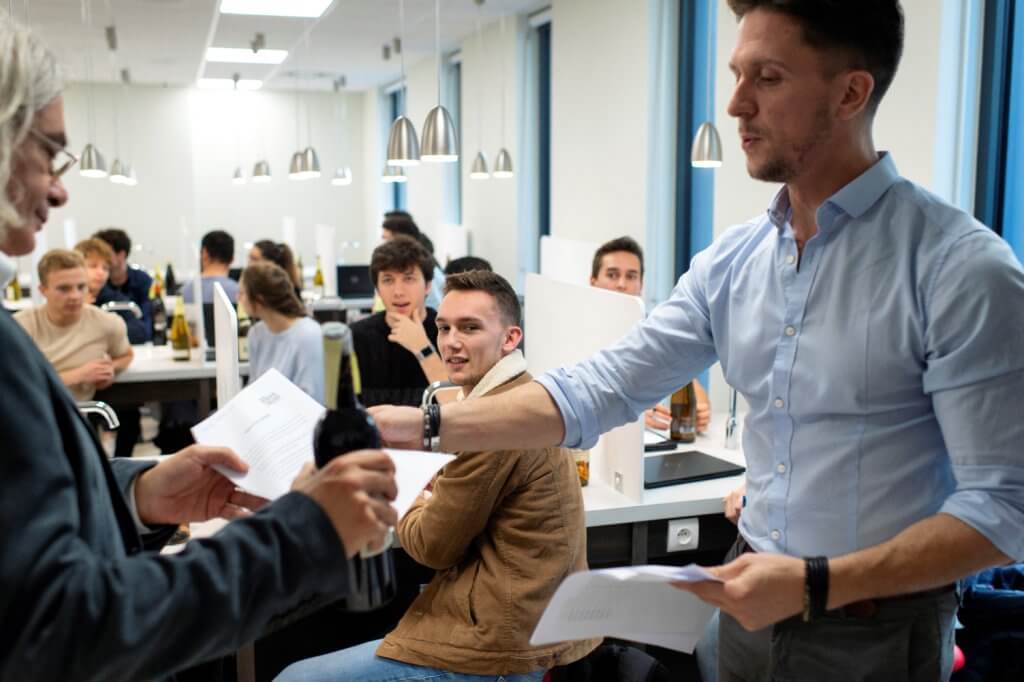
Intense droughts, storms, heatwaves and rising sea levels are just a few problems that have risen from climate change. As these challenges arise, so do educational degrees tackling these issues. For instance, qualifications in sustainable wine tourism focus on developing the winemaking process that helps protect our environment.
After all, despite COVID-19 related travel restrictions and the economic impact, there’s still a need for wineries and wine regions. These companies require managers who can lead them into a more sustainable future.
Burgundy School of Business (BSB) has launched a brand new degree that meets this demand. With an MSc Sustainable Wine Tourism & Gastronomy, students from all corners of the globe can further their knowledge in sustainable viticulture.
Below, we take a look at what you’ll learn in this course, what jobs you can get, and what salaries to expect:
MSc Sustainable Wine Tourism
In Dijon, just a short distance away from Côte d’Or’s famous vineyards you can find the School of Wine and Spirits Business at BSB. Dijon is France’s principal wine-making area.
As the courses are taught in English, it’s accessible to students all over the world. All academic backgrounds are welcome too. Anyone with a bachelor’s degree is eligible to join the programme, which includes numerous trips to different wine and gastronomic regions.
In and out of the classroom setting, students will take on challenges that include ecological transition, ecotourism, slow tourism, permaculture, sustainable viticulture, soft mobility, sustainable accommodation and catering.

Students will learn how to take on challenges that come with ecological transition, ecotourism, slow tourism, permaculture, sustainable viticulture, soft mobility, sustainable accommodation and catering. Source: Romain Lafabregue/AFP
Career options
Since the programme is taught by industry professionals in the field, students graduate more than ready to take on rewarding roles in sustainable wine tourism, general tourism and gastronomy.
Restaurants, wine estates and more are constantly on the lookout for professionals in this field. This degree in sustainable wine tourism opens doors to managerial positions — many of which come with an average salary of 45,600 euros a year. Meanwhile, sustainability consultants earn 45,000 euros annually.










